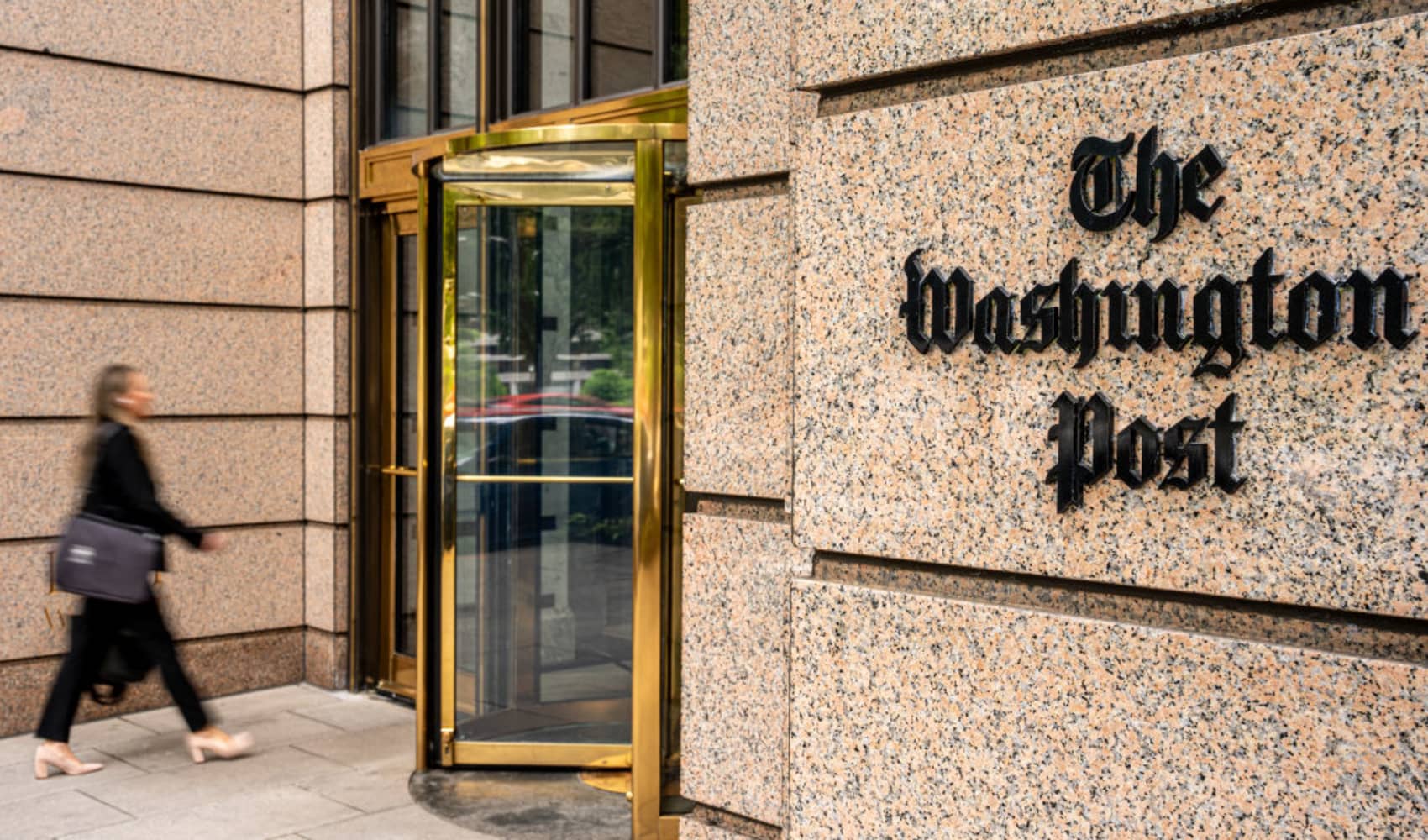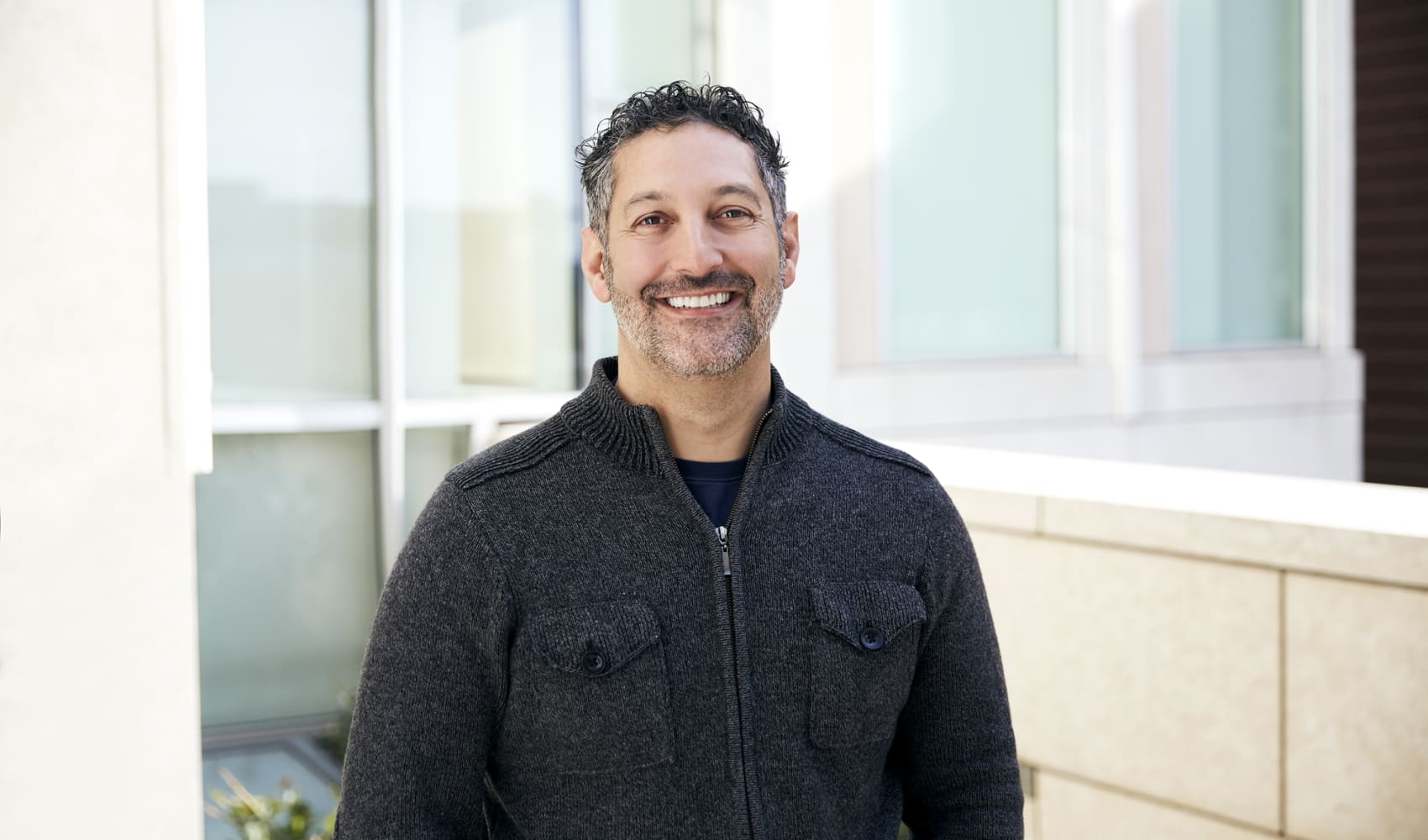
- The Saudi Public Investment Fund recently took control of four of Saudi Arabia's top clubs — Al-Ittihad, Al-Nassr, Al-Hilal and Al-Ahli.
- All of them have attracted a deluge of talent from Europe's most prestigious leagues this summer with massive wage offers.
- Michael Goldberg, senior vice president of sports finance at DBRS Morningstar, told CNBC on Monday that the Saudi government's plan to disrupt the world of soccer will take generations to achieve, even if more big name players are tempted away in the coming years.

Saudi Arabian soccer club Al-Hilal reportedly tabled a world record 300 million euro ($331.9 million) bid for Paris Saint-Germain star Kylian Mbappé, a further signal of the kingdom's efforts to shake up the sport's global order.
The 24-year-old captain of the French national team has one year left on his contract, but has declined an extension and been cut from Qatar-owned PSG's pre-season fixtures.
Get top local stories in San Diego delivered to you every morning. >Sign up for NBC San Diego's News Headlines newsletter.
Mbappé has long been rumored to favor a move to Real Madrid, but the Spanish giants would rather wait until they can sign him for free at the end of his contract next summer.
Saudi club Al-Hilal, one of the clubs owned by the country's Public Investment Fund, have therefore reportedly swooped in to offer the superstar a one-year contract worth up to 700 million euros, comprising a 200 million euro annual salary along with major commercial arrangements and image rights.
He would still then be free to sign for Real in the summer of 2024.
Money Report
Along with acquiring a majority stake in English Premier League club Newcastle United, the PIF recently took control of four of Saudi Arabia's top clubs — Al-Ittihad, Al-Nassr, Al-Hilal and Al-Ahli — all of which have attracted a deluge of talent from Europe's most prestigious leagues this summer with massive wage offers.
Al-Nassr made global headlines late last year with the signing of Portuguese superstar Cristiano Ronaldo in the twilight of his career, but the Saudi Pro League is increasingly drawing players who are at or near their prime years from some of Europe's top clubs. Inter Milan midfielder Marcelo Brozovic and Manchester United full-back Alex Telles recently joined Ronaldo at Al-Nassr.
Two of Mbappé's international teammates, former Real Madrid striker and Ballon d'Or winner Karim Benzema and Chelsea midfielder N'Golo Kante, have joined Al-Ittihad.
Al-Ahli snapped up Chelsea goalkeeper Edouard Mendy and former Liverpool striker Roberto Firmino, and have just agreed a £30 million ($38.54 million) deal to bring in forward Riyad Mahrez from reigning English Premier League and European champions Manchester City.

Mbappé's potential suitors Al-Hilal have also splashed the cash to acquire the services of Portuguese midfielder Ruben Neves, formerly captain of the Premier League's Wolverhampton Wanderers, along with Chelsea's Senegalese defender Kalidou Koulibaly and Lazio midfielder Sergej Milinkovic-Savic.
European soccer's governing body UEFA plans to introduce new regulations limiting European clubs' spending on player transfer fees and salaries to 90% of revenues in 2023, dropping to 80% next year and 70% in 2025.
Though Europe benefits from the storied history of clubs and prestige of competitions such as the Champions League, along with major domestic leagues like England's Premier League, Spain's La Liga, Germany's Bundesliga and the Italian Serie A, the Saudi authorities clearly see an opportunity to mobilize their boundless financial resources to disrupt the sport's traditional hierarchy.
A medium-term threat
Soccer isn't the first sport to be rocked by a sudden wave of Saudi investment. The creation of the breakaway LIV Golf tournament also utilized Riyadh's deep pockets to draw some of golf's biggest names, evoking the ire of the traditional PGA Tour and dividing the sport.
Michael Goldberg, senior vice president of sports finance at DBRS Morningstar, told CNBC Monday that the Saudi government's plan to disrupt the world of soccer will take a lot longer to achieve, even if more big name players are tempted away by monster wage packets in the coming years.
"In golf or tennis, for example, you can pay 20 of the top 100 players in the world and you could still put on great tournaments every week. In football, you pay 20 of the top 100 players in the world and you're successful at luring them away, and you have one and a half great players on each team in your league, but the rest of the league isn't the same caliber as it is in Europe," Goldberg said.
"It's not like a PGA LIV situation that could resolve itself in a couple of years. This is more like a couple of decades before I think we could see some significant impact."
Goldberg suggested that having grown up idolizing iconic clubs like Real Madrid, Barcelona, Bayern Munich, Liverpool, Manchester United or Juventus, many of the sport's top players would still rather ply their trade in Europe for tens of millions than play at a lower standard for hundreds of millions.
Mbappé's long-rumored desire to join Real Madrid would indicate as much, and the 14-time European champions also secured the transfer of 19-year-old English starlet Jude Bellingham from Borussia Dortmund for 103 million euros earlier this summer.

Goldberg suggested it could be several generations before Saudi clubs offer that same glamorous competitive appeal to top players from around the world, and agreed with UEFA's efforts to focus on the financial sustainability of European clubs over their ability to pay enormous wages to retain players.
"I think it's important to have financially stable teams and leagues, and they can build on the quality of play that they have now in the viewership that they have now. Premier League viewership is just so strong right now and there's so many eyeballs on it that the brand kind of snowballs with that in place, so I think they're probably doing the right thing in managing the financial health and quality of play," he said.
"The pressure on specifically the European clubs is quite limited at the moment, and it's just more of a longer- or medium-term issue than it is at the near-term issue. It's going to take some time before there could be a significant impact on the financial stability of the European clubs."
He suggested that the attraction of enough superstar players over several decades could enable Saudi clubs to gradually build brands that begin to threaten the European giants further down the line, but that brand-building will take "a lot of time."
"Brands are really what drives all of the revenues in sports, whether it's sponsorship revenues, or broadcasting revenues, and if those brands weaken over time, maybe some of the broadcasting dollars and the sponsorship dollars shift from from Europe to elsewhere, when the other leagues start to catch up over time. So I think that's where the impact would be seen," Goldberg said.






